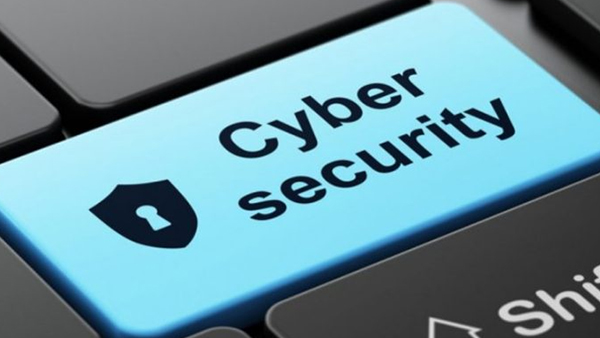|
This week's focus for Cybersecurity Awareness Month is “Be Cyber Smart,” a campaign provided by the Department of Homeland Security. It isn’t just a catchy phrase, but also a highly effective cybersecurity awareness campaign. [Be Cyber Smart | Homeland Security | dhs.gov]
Online security begins with good cyber hygiene. All internet-connected devices are possible entry points for a cyber criminal.
- Stay up to date – Regularly update security software, browsers and operating systems. Use auto-updates for home devices.
- Use passphrases – Length trumps complexity when creating a strong passphrase. Keep them long, easy to remember and unique for each account. For example: TheBeachismyHappyPlace!
- Stop the track – Your location doesn’t always have to be tracked. Properly configure mobile applications to disable tracking and location services when they’re not needed. And delete mobile apps you no longer use.
- Watch Wi-Fi connections – Use caution with Wi-Fi connections and only connect to trusted networks. Local coffee shops, hotels, airports, and other public places are notorious for cyberattacks with hackers setting up fake Wi-Fi connections, which look like the real establishment.
Sobering Cyber Stats
- 1 in 3 homes with computers are infected with malicious software.
- 65% of Americans who went online received at least one online scam offer.
- 600,000 Facebook accounts are hacked every day.
- The No. 1 internet crime is the imposter scam with 1 in 5 people reporting a financial loss.
- 47% of American adults have had their personal information exposed by cyber criminals.
Common Scams
- Phishing attacks – Cyber criminals create emails that look like they're coming from legitimate sources.
- Imposter scams – Cyber criminals try impersonating someone close to you to exploit you for personal gain; a phone call or email from a government official asking you to send money to a relative in trouble.
- “You’ve Won” scams – If you won something, why do you need to enter your credit card/bank information to receive the prize?
- Tech support scams – Cyber criminals will contact you claiming to be a tech and tell you that your computer needs to be remotely accessed to fix a problem.
- Identity theft scams – Always make sure you stay on top of your bank’s accounts and personal accounts.
- Health care scams – Requesting your health insurance information or medical records is a scam.
Cybersecurity is one of the most important aspects of the fast-paced growing digital world. The threats of it are hard to deny, so it is crucial to protect yourself and stay safe online.
We all must do our part to be cyber smart!
|


